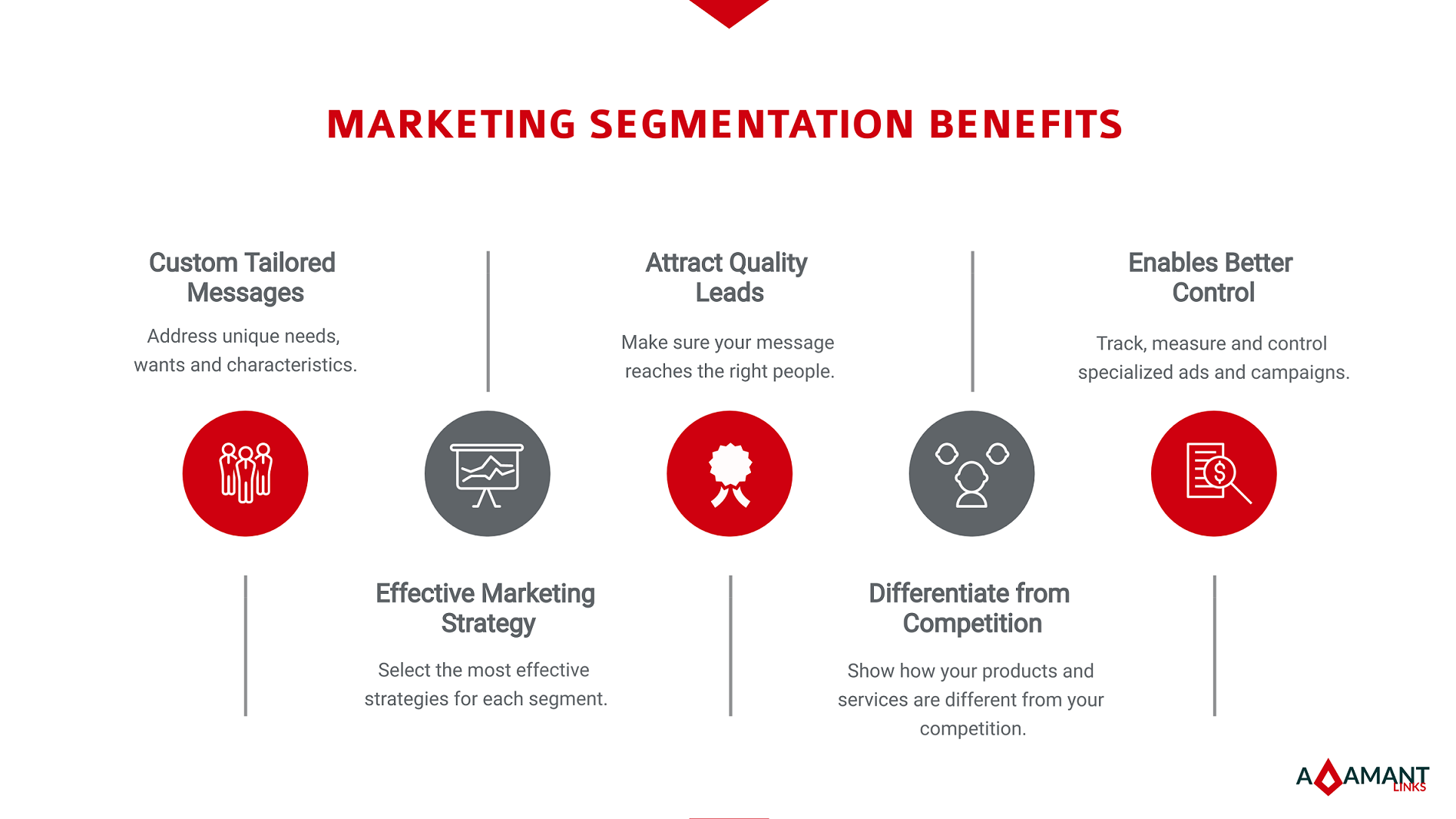Market Segment
What is Market Segmentation
Definition:
Market segmentation is the process of dividing a heterogeneous market into distinct and identifiable segments based on shared characteristics, needs, preferences, or behaviors. By understanding the unique traits of each segment, businesses can tailor their marketing strategies, product offerings, and messaging to effectively reach and engage specific target audiences.
Analogies:
Think of market segmentation as organizing a library into different sections based on genres. Just as readers have diverse preferences and interests, consumers in a market have varied needs and behaviors, making segmentation essential for delivering relevant content and products.
Further Description:
Market segmentation allows businesses to identify and prioritize segments that offer the greatest potential for profitability and growth. It involves analyzing demographic, psychographic, geographic, and behavioral data to group consumers with similar characteristics or interests together.
Types of Market Segmentation:
Demographic Segmentation: Dividing the market based on demographic factors such as age, gender, income, education, occupation, and family status.
Psychographic Segmentation: Categorizing consumers based on lifestyle, values, beliefs, attitudes, personality traits, and interests.
Geographic Segmentation: Segmenting the market based on geographic boundaries such as region, country, city size, climate, or population density.
Behavioral Segmentation: Classifying consumers according to their purchasing behavior, usage patterns, brand loyalty, buying frequency, and product benefits sought.
Benefits of Market Segmentation:
Targeted Marketing: Segment-specific marketing enables businesses to create customized campaigns and messages that resonate with the unique needs and preferences of each audience segment.
Enhanced Customer Relationships: By understanding their target audiences on a deeper level, businesses can build stronger relationships, foster brand loyalty, and increase customer satisfaction.
Improved Product Development: Market segmentation provides insights into consumer preferences and unmet needs, guiding product development efforts and ensuring offerings align with market demands.
Optimized Resource Allocation: By focusing resources and efforts on high-potential segments, businesses can maximize ROI and efficiency in their marketing and sales initiatives.
Challenges and Considerations:
Data Accuracy: Obtaining accurate and reliable data for segmentation purposes is essential but can be challenging due to privacy concerns, data quality issues, and the complexity of consumer behavior.
Segment Overlap: Consumers may belong to multiple segments simultaneously, leading to overlap and complexity in targeting strategies. Businesses must carefully balance their approach to address diverse consumer needs.
Dynamic Markets: Market segments are not static and may evolve over time due to changing consumer trends, competitive dynamics, and external factors. Continuous monitoring and adaptation are necessary to stay relevant.
Key Takeaways:
- Market segmentation is a strategic tool that allows businesses to identify and understand distinct groups of consumers within a larger market.
- By tailoring marketing efforts, products, and services to the unique needs and preferences of target segments, businesses can improve customer engagement, drive sales, and foster long-term loyalty.
- Effective segmentation requires robust data analysis, clear understanding of consumer behaviors, and agility to adapt to evolving market dynamics. It is an ongoing process that informs strategic decision-making and enhances competitiveness in today’s dynamic business landscape.
Table of Contents





